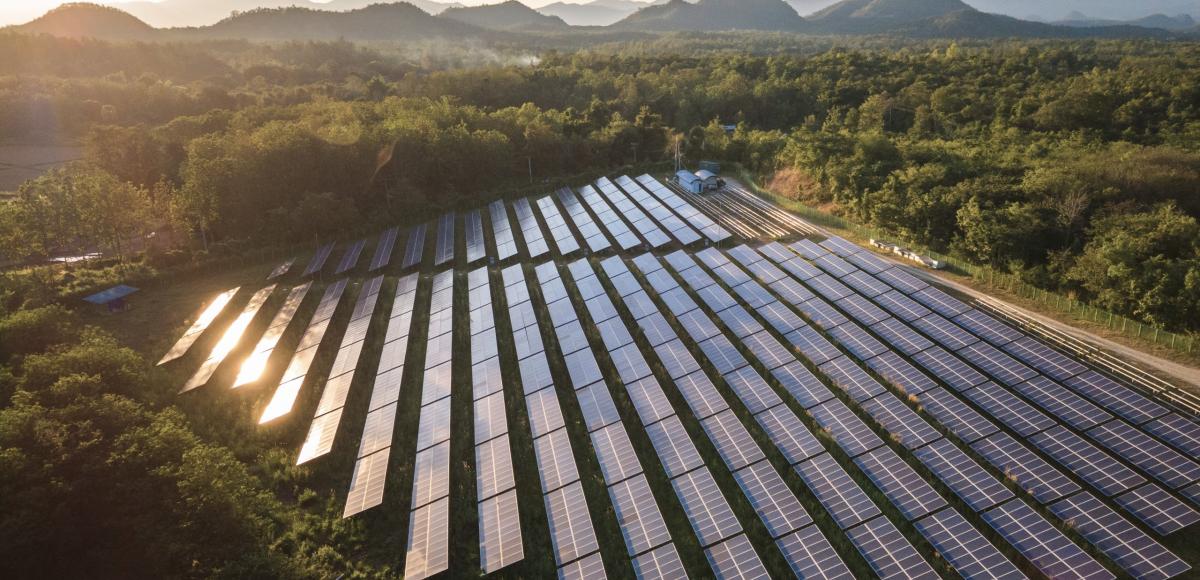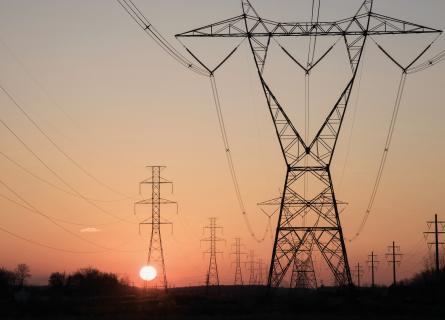
What does the future hold? AFRY's strategic scenarios provide insight in a world driven by uncertainty
These scenarios provide a long-term outlook of the global context to 2050. Energy companies need to understand long-term trends when defining their short- to mid-term strategies.
With these scenarios AFRY aims to help companies understand major uncertainties and prepare for a range of possible outcomes.
The world is changing fast and energy companies need to adapt and change with it. At AFRY, we went through the exercise of imagining what the world could look like in 2050 and detailed the most relevant scenarios of the future. From the perspective of how the world will mitigate climate change, each scenario challenges us to think about what decisions need to be made today to be able to navigate each context.
These are our scenarios:
- Scenario 1: Government-led Mitigation
- Scenario 2: Technology-led Mitigation
- Scenario 3: Society-led Mitigation
- Scenario 4: Extreme Adaptation
Scenario 1: Government-led Mitigation
Governments are the leading agents mitigating climate change, they return to international cooperation and define binding global emissions reductions targets with supporting policies that lead to achieving global net-zero by 2050
Scenario 2: Technology-led Mitigation
Technological innovation drives carbon emissions reductions and economic growth, governments cooperate internationally to support technology development and supply chains but fail to set global emissions reduction targets; however, global net-zero is achieved by 2060
Scenario 3: Society-led Mitigation
Governmental inaction leads to continued regional conflicts, economic hardship and accelerated climate change; pressure mounts and societies in the western world and liberal nations push governments and corporates to act; global net-zero only achieved by 2080
Scenario 4: Extreme Adaptation
Climate change is accepted as a reality and successful adaptation becomes the objective of international cooperation between governments; economies focus on growth and continue with business as usual; new industries emerge that develop adaptation technologies; net-zero won’t be achieved
By doing this exercise, AFRY can help companies become more resilient as planning allows companies to understand the right levers and uncertainties and understand the “system” these variables create when they interact. We use scenarios because of their flexibility: the ability to review and re-evaluate possible outcomes is as important as understanding the right levers. By being prepared for the different outcomes, companies become more resilient. AFRY’s team of consultants are at hand to evaluate the scenarios and help enable and implement sharper decisions.




